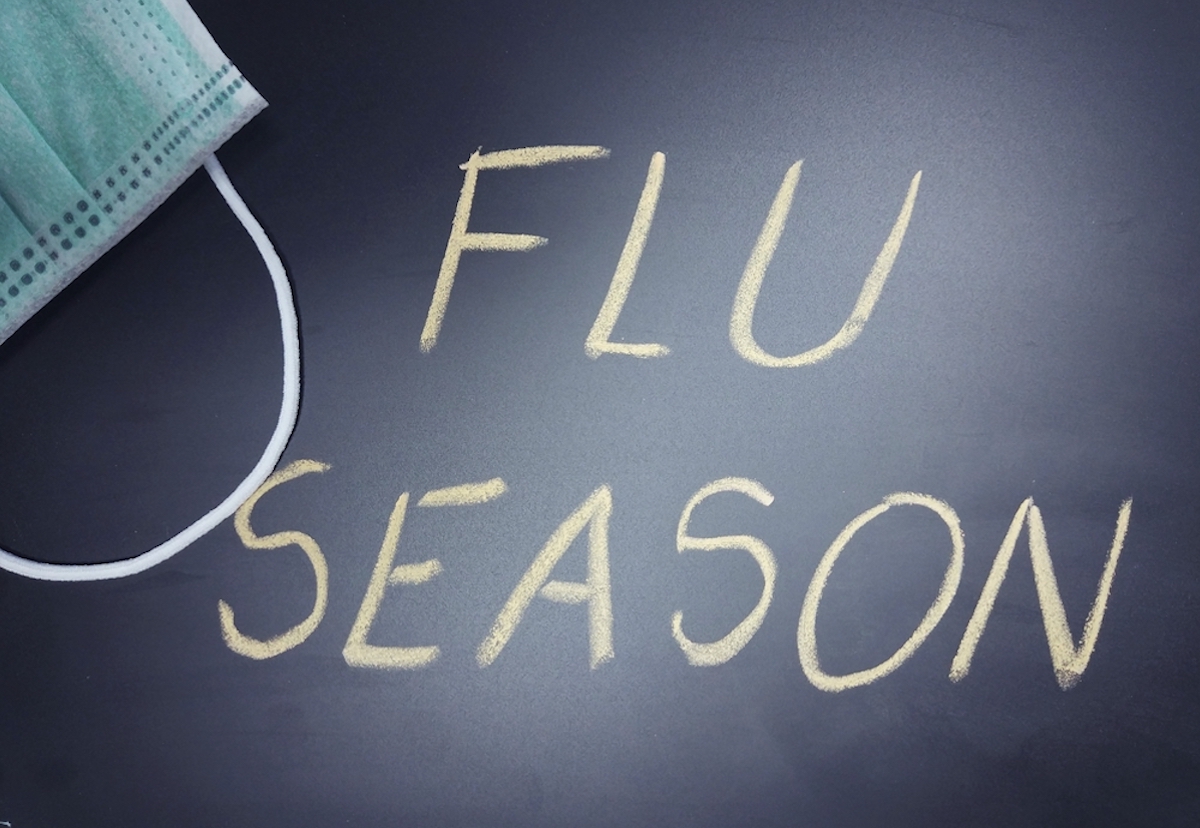This article appeared in Cadillac News. Read the full story here.
Despite concerns about an early onset for the 2019-20 flu season, Michigan and the Cadillac area do not have many reports of influenza-like illness — yet.
The week ending Dec. 7 influenza activity was considered regional in Michigan, according to the U.S. Centers for Disease Control and Prevention. The CDC also reported influenza-like illness in Michigan was considered minimal.
District Health Department No. 10 Clinical Supervisor Robin Walicki said there are only sporadic reports of flu activity within the 10-county region. With news of the flu being worse than expected, she also said there are concerns once it does start spreading in Michigan.
With that in mind, Walicki said now is the perfect time to get a flu shot if you haven’t already. This is true due to it taking 1-2 weeks before the antibodies are in a person’s system, according to Walicki.
“I think with the flu, every year is different. You can’t look at the years prior and predict what will happen,‘ she said. “We have heard a little bit ahead of the flu season in the southern hemisphere, like in Australia, (the flu) has changed and the vaccine is not a good match.‘
With many school districts getting ready to be on break for the next couple weeks, Walicki said that is a good thing. She also said while the students won’t be congregated in schools, many people or families will be traveling over the holidays. During their travels, they could pick up the flu virus and bring it back home with them.
“If you are sick, try to stay home. If you have a fever and don’t feel well, you might not want to go (to a holiday gathering),‘ she said.
Good hygiene including hand washing and coughing into your elbow are always the right thing to do anytime, but especially this time of year, she said. While it is too early to know if that will be the case here, Walicki said she does know to get the flu shot, even if it isn’t a perfect match, because it will help to keep a person out of the hospital or from dying.
When it comes to staying healthy, for both adults and children, proper handwashing is one of the most important steps people can take to prevent the spread of germs. This includes washing hands after using the bathroom, before eating or after sneezing, coughing or blowing your nose.
With younger children, it is important to teach them to not share a water bottle at school, daycare or with siblings. Sharing of water bottles or food is an easy way for children to pass germs to each other. It also is important to make sure the bottle they are using is kept clean.
Proper cough etiquette is important, which means always coughing into a facial tissue or the crook of your elbow. Finally, drinking enough fluids, eating healthy foods and getting enough sleep all can help prevent you from getting sick.
Recently it was announced an early barrage of illness in the South has begun to spread more broadly, and there’s a decent chance flu season could peak much earlier than normal, health officials say.
There are different types of flu viruses, and the one causing illnesses in most parts of the country is a surprise. It’s a version that normally doesn’t abound until March or April.
That virus generally isn’t as dangerous to older people — good news, since most flu hospitalizations and deaths each winter occur in the elderly. However, such viruses can be hard on children and people younger than 50.
Louisiana was the first state to really get hit hard, with doctors there saying they began seeing large numbers of flu-like illnesses in October.
Health officials tend to consider a flu season to be officially underway when — for at least three weeks in a row — a significant percentage of U.S. doctor’s office visits are due to flu-like illnesses. That’s now happened, CDC officials said this week.
The most intense patient traffic had been occurring in six states stretching from Texas to Georgia. But in new numbers released earlier this month, CDC officials said the number of states with intense activity rose last week to 12. Flu is widespread in 16 states, though not necessarily at intense levels in each, the CDC said.
Last flu season started off as a mild one but turned out to be the longest in 10 years. It ended with around 49,000 flu-related deaths and 590,000 hospitalizations, according to preliminary estimates.
Annual flu vaccination is recommended for everyone over the age of 6 months. Flu can spread rapidly in close family settings, schools, offices and other places where groups of people gather. The flu is a contagious respiratory illness with symptoms that include fever, headache, fatigue, cough, stuffy or a runny nose and muscle aches.
Influenza causes more than 200,000 hospitalizations a year and thousands of deaths.
It’s especially crucial for pregnant women, children and people 65 and older to be vaccinated. Since infants under 6 months can’t receive the vaccine, their protection primarily depends on their mother’s immunity. An infant’s protection also depends on their family members and caregivers getting vaccinated, as well.

